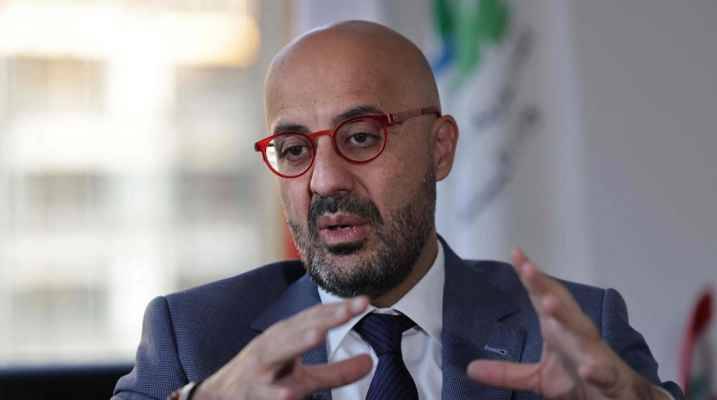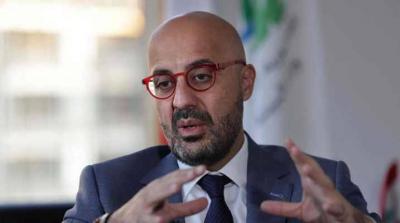Environment Minister in the caretaker government, Nasser Yassin, indicated in a tweet on his Twitter account that "$2.4 billion USD is the minimum amount owed to the treasury from the quarry, crushers, and sand extraction sector." He said, "Today we are launching a detailed report on the dues of the quarry, crushers, and sand extraction sector to the treasury, and this study is the first of its kind in its comprehensiveness and accuracy, as it calculates fees and taxes, the cost of environmental degradation, and the cost of environmental rehabilitation through a detailed analysis of 1,235 sites across Lebanon based on a survey conducted by the Lebanese army on these sites."
He highlighted that "the dues amount to a minimum of $2.4 billion USD for the quantities extracted between 2007 and 2018, including nearly $1 billion from fees and taxes. This does not include the cost of pain and suffering and the violations that are left for the judiciary to determine, along with what individuals affected should claim in compensation." He continued, "We will start sending collection orders for the dues under Decree 6569 (2020) (specifying the application details of Article 61 of the 2019 budget law) in US dollars, and they will be deposited in a special account opened in US dollars at the Central Bank of Lebanon in the name of the Lebanese state, with the proceeds allocated for environmental projects according to applicable laws. We will emphasize this in the upcoming budget law."
Yassin explained, "We are currently working with the Ministry of Justice to examine the most appropriate legal ways to follow up on the matter, as it is a fundamental step in collecting treasury funds and stopping previous practices in this sector, thus reforming it for the benefit of the environment, society, the economy, and public financial management alike." He pointed out that "this study, conducted by the ministry in cooperation with the United Nations Development Program, is not just a report on the treasury's dues from the quarry sector, albeit the first of its kind in terms of comprehensiveness in the history of the Ministry of Environment, but it is a genuine reform step to collect public money that has long been wasted in the channels of corruption and illicit enrichment at the expense of the people and their environment."




